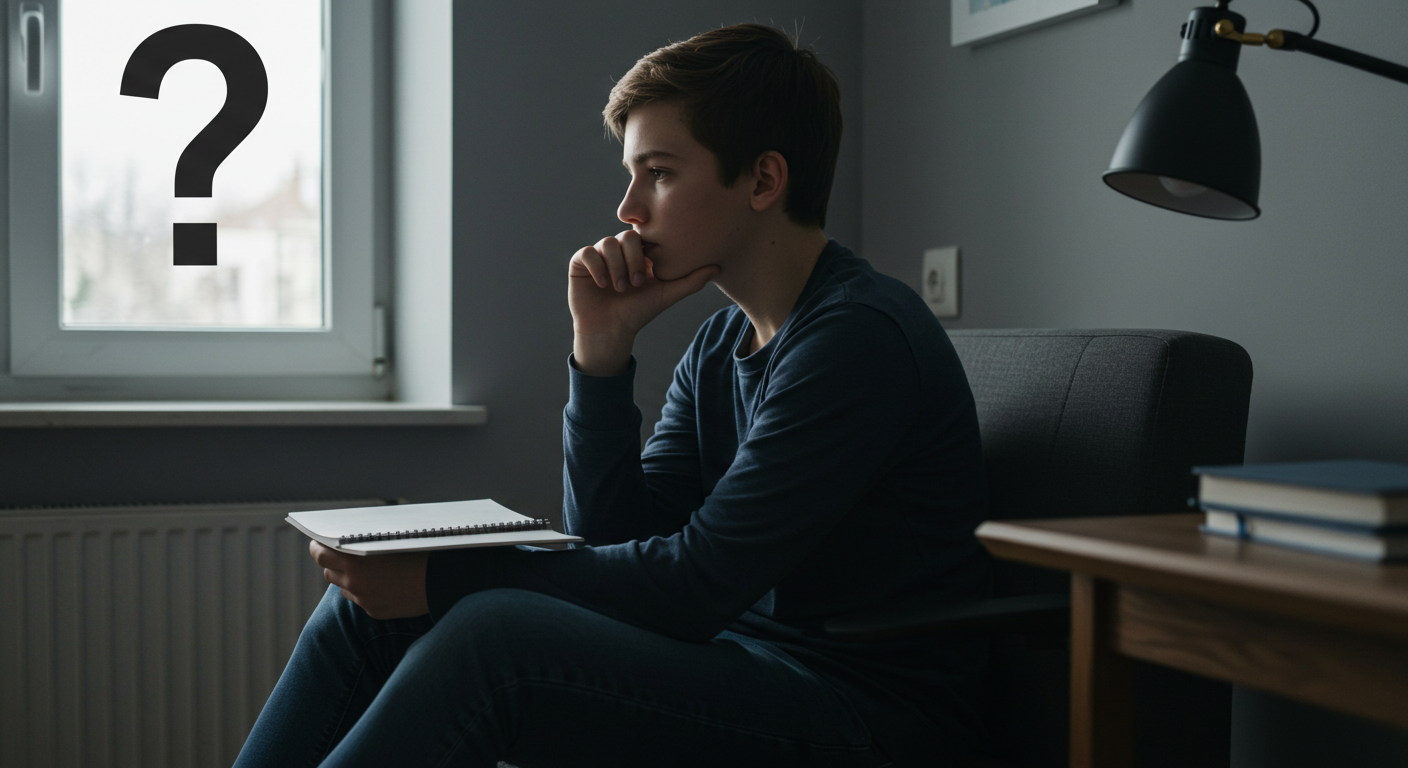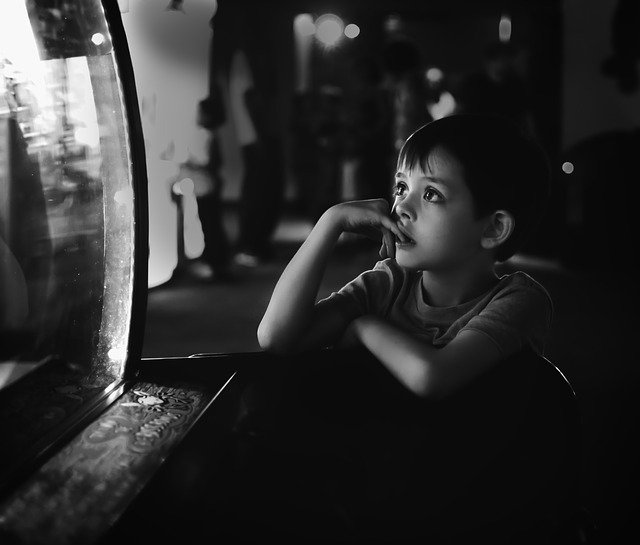
Do I Have?
Mental illness affects people of all ages and walks of life — and yes, that includes teenagers. If you’re wondering, “Do I have depression?” — you’re not alone, and it’s not a dumb question. Let’s break it down together.
First of all, depression isn’t contagious. You can’t catch it like a cold. There are no depression germs floating in the air, and being around someone who is depressed doesn’t mean you’ll become depressed too. However, certain factors can increase your risk, like life stress, trauma, or even your family’s medical history. But even with these, it doesn’t mean you’re guaranteed to develop it.
Teen Mental Health Is Not a Weakness
Having depression doesn’t mean you’re weak. Think about it this way: Would you call someone with asthma or diabetes weak? Of course not. Mental illness is just that — an illness. It deserves the same care and understanding as any physical condition.
One major symptom of depression is deep, lasting sadness. But it’s not the only sign. Some teens describe feeling emotionally numb — like they’re just going through the motions. Others say they’ve lost interest in the things they used to love. You might find yourself sleeping too much, eating too little (or too much), struggling with school, or avoiding friends. These are all signs that your emotional health might be suffering.
Parents, Pay Attention to the Signs
If you’re a parent reading this, know that depression often hides behind behaviors that seem like “normal teenage mood swings.” But sudden changes in your teen’s sleeping habits, eating, grades, or social life shouldn’t be ignored. Emotional outbursts, irritability, or withdrawal can be cries for help — not rebellion.
What You Might Be Feeling
Some signs of teen depression include:
-
Difficulty concentrating
-
Lack of energy or motivation
-
Feeling worthless or hopeless
-
Withdrawing from friends and family
-
Changes in sleep and appetite
-
Thoughts of self-harm or suicide
If you’re experiencing any of these symptoms regularly, especially for more than two weeks, it’s time to seek help. And no — it’s not “just a phase.”
So… Do I Have Depression?
Only a mental health professional can give you a diagnosis. That might sound scary, but getting support is a brave step, not a weak one. Therapists and counselors aren’t there to judge you — they’re trained to listen, support, and help you understand what’s going on.
Sometimes, therapy alone is enough to help you feel better. Other times, medication (like antidepressants) may be recommended to bring your brain chemistry back into balance. Every treatment plan is unique — just like you.
If You’re a Teen Reading This…
Please know you’re not broken. You’re not alone. And you don’t have to figure this out by yourself.
Talk to someone you trust. A parent, a teacher, a school counselor, a doctor — even a friend. Help is out there. Depression can feel overwhelming, but with support, you can get through it. You will feel better.
If You’re a Parent Reading This…
Stay open. Listen more than you speak. And don’t brush things off with “They’re just being dramatic.” Depression in teens is real, and your child needs to know you’re in their corner — not fighting against them.
Together, we can change the story around teen mental health. We can fight depression — and win.

